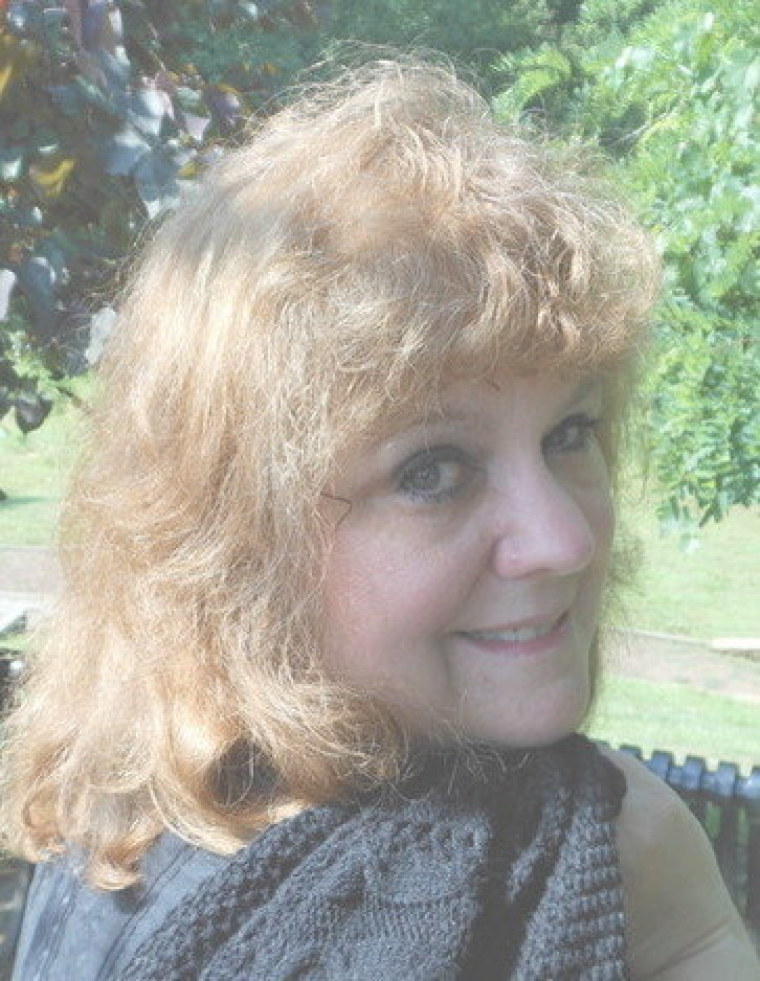
Tower, who grew up in a traditional Christian household, said she wants the book and her testimony to help others who have experienced the same struggles in the spiritual realm.
This is the first part of the two-part interview with The Christian Post.
CP: We've all heard many stories about the origins of Halloween. As someone who has done a lot of research in this area can you give us a brief summary of what you believe to be the origins of the holiday celebrated in the U.S.?
Tower: Halloween as celebrated in the USA is a somewhat diluted version of various traditions mostly stemming from medieval times. Kids dressing in costume and going door to door looking for treats, which is one of the main Halloween events, can be found in "souling" or dressing in rags. This Dark Ages practice included going door to door in search for soul cakes in return for prayers for the deceased or in "guising" where masqueraders carried lanterns made of scooped-out turnips going door to door in hopes of being rewarded with cakes, fruit and money.
Today, adults and even teenagers have taken another medieval time tradition of demanding beer or ale while costumed in exchange for a performance as an opportunity to party. During the Dark Ages, many actually feared encounters with mischievous spirits and wore masks so that ghosts would mistake them for a fellow spirit if they had to go out at night.
CP: What is it about witches in particular? You were drawn to a witch's "lifestyle" at one point in your life. Why the fascination from your perspective and why do so many others hold, in some cases, a peculiar obsession?
Tower: A witch has a certain mystique about her and for many the allure has to do with both the unknown and the unthinkable. It's our natural curiosity that causes us to be fascinated with the unknown and the witch portrays this mystery as well as the excitement of entertaining the unthinkable.
For me personally, the appeal was self-empowerment and the feminine aspect of witchcraft. The lifestyle enabled me the freedom to make my own decisions according to how I saw fit and gave me the ability to put those changes into action through magic. I think a lot of people are looking for a hands-on spirituality where they can incorporate their own will rather than God's will. We live in a "me" focused society that's all about what "I" want. Part of it is the fault of churches because Christianity should not be a spectator religion. We are all part of the Body and each one of us has a significant part in the whole Church.
CP: How prevalent is witchcraft in the U.S.? What would you warn people who dabble in the occult and witchcraft?
Tower: Contrary to popular opinion, I don't believe true witchcraft is on the rise. Being a witch takes a lot of time and hard work, something which is rare in today's society where everything you want is at the tip of your fingertips. I think the term "witch" is loosely used nowadays and the rise is in paganism in general.
I would not encourage dabbling in witchcraft from either a Christian or Wiccan point of view. Magic is real; witchcraft is not a fantasy and not something to be toiled with. God, in love warns us against engaging in witchcraft because His desire is to be in a relationship with us alone.
CP: As a Christian, how do you approach the Halloween "season," because it truly appears to have developed into at least a month-long celebration?
Tower: I approach the season with prayer rather than paranoia. As Christians we really have no reason to fear when the light of Jesus is within us. I don't lock my door and hide away on Halloween night … rather I see it as an opportunity to shine the light of Jesus in the darkness. I also pray for those in spiritual darkness to come to know the God of Abraham, that they would seek godly knowledge, and for their revelation in Jesus' death that conquered the grave. Then when most other Christians have forgotten Halloween for another year I continue to pray because Samhain is not necessarily October 31st. While all the Halloween parties and public "Witch Balls" are over, the time in between [Samhain] will come unnoticed. This year, it falls on Nov. 6 while most will be distracted with the election for the next president.
CP: What is Samhain?
Tower: Witches and most neo-pagans celebrate Samhain. I am unable to speak for the satanist but witches celebrate Samhain as the final harvest celebration or summer's end for the Celtic people. It is the Celtic New Year and beginning of the dark half of the year. It's considered a very magical time when the veil between the worlds is thinnest and the dead walk among the living. The Celts believed it was a time when the future could be most effectively predicted and so it was a time for divination and prophecy.
CP: Do you suggest parents steer away from approving witch or sorcerer costumes for their children?
Tower: Putting on a costume is like temporarily putting on the persona of the costume so I would suggest using discernment in the costume choice. I would certainly not encourage a witch or sorcerer costume, but I don't think a parent should overreact to a child's choice of one either. It can be a great learning experience and help the child make another choice on their own.
On the Web: takenfromthenight.com